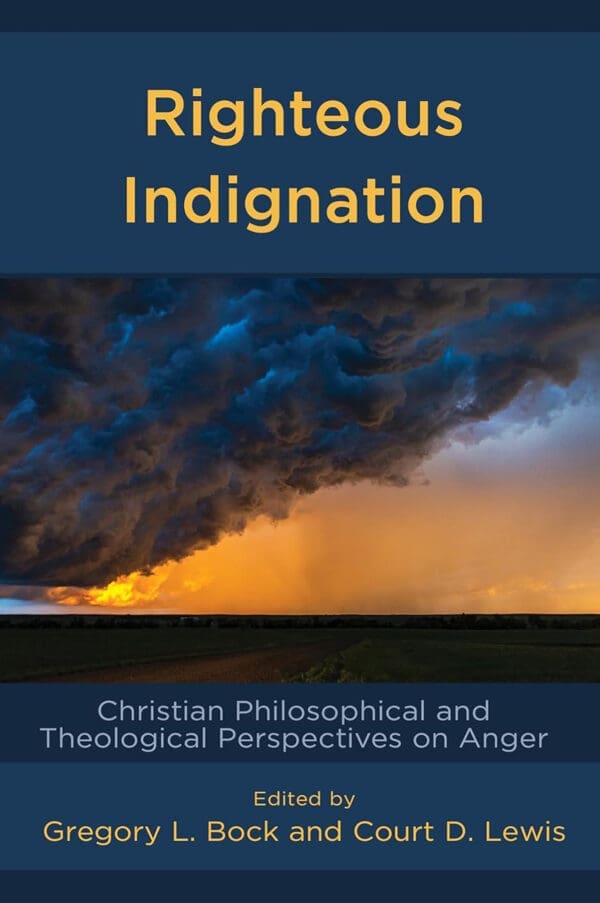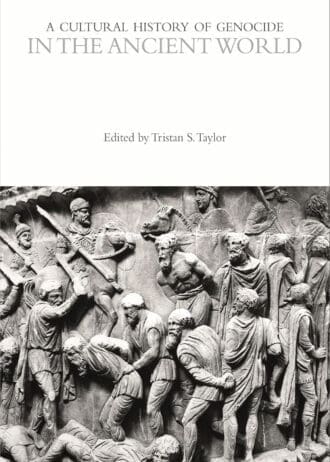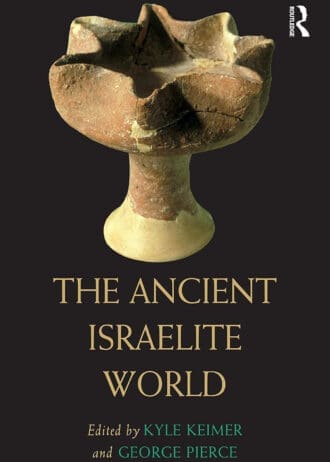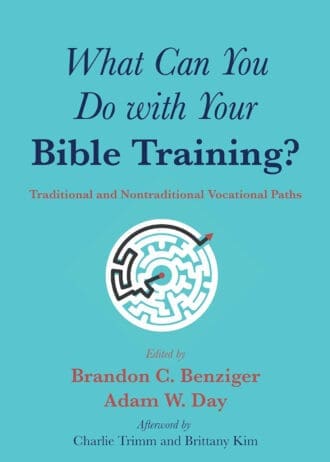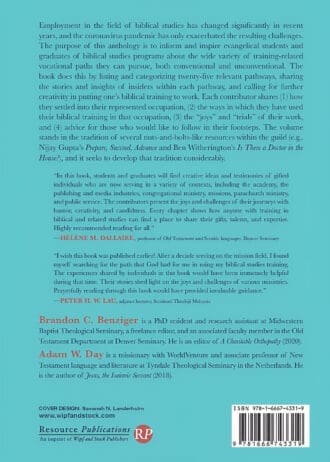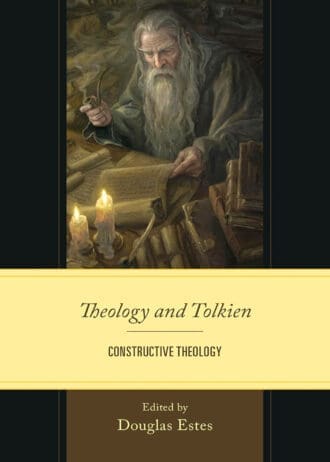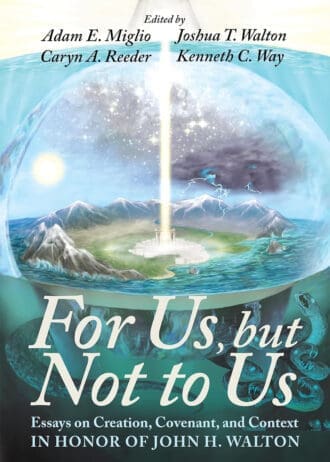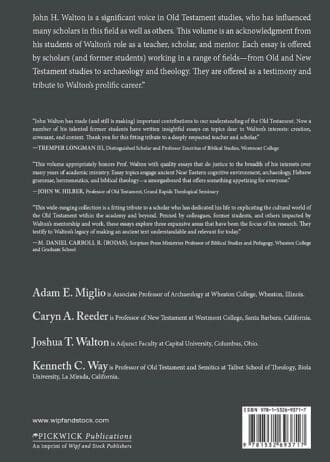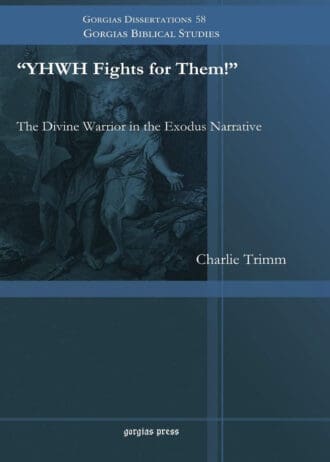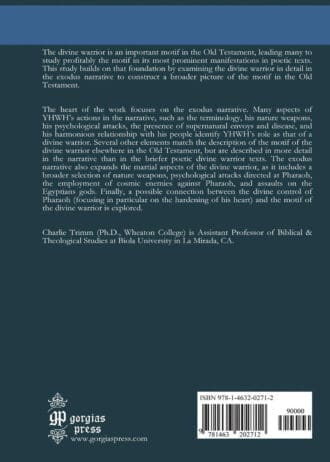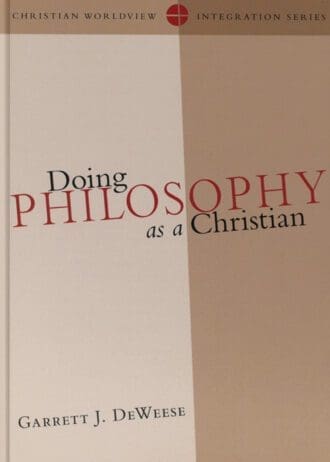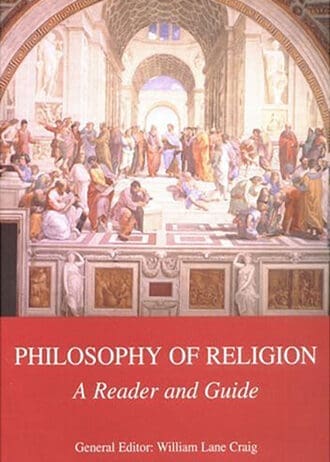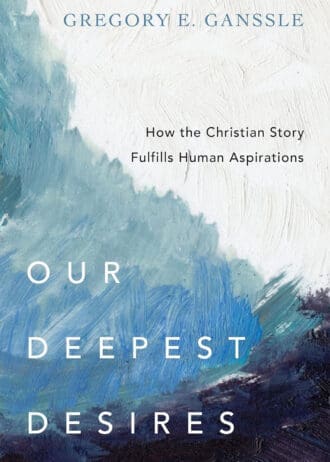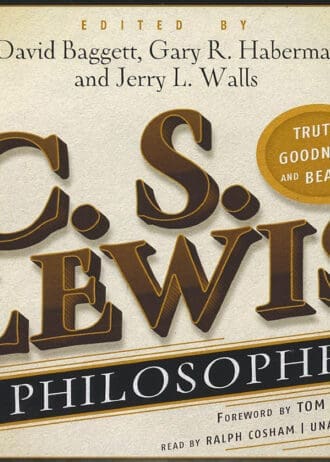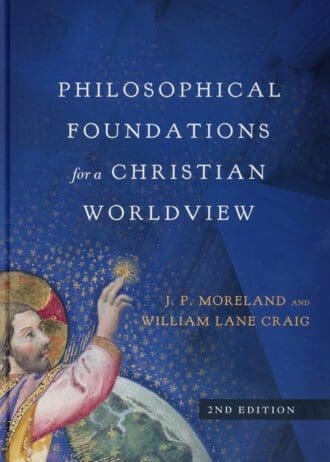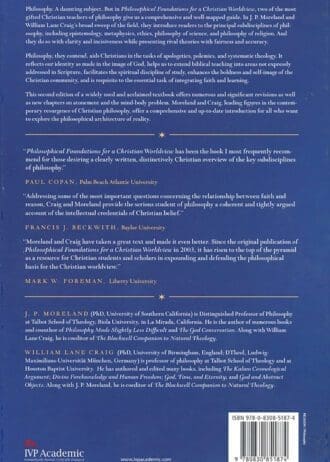Righteous Indignation: Christian Philosophical and Theological Perspectives on Anger explores the philosophy of Christian anger—what anger is, what it means for God to be angry, and when anger is morally appropriate. The book explores specific biblical questions, such as how God communicates his anger in the Old Testament and whether anger at one’s enemies in the imprecatory psalms is praiseworthy. In addition, some chapters focus on the practical application of anger to topics such as racial justice, criminal law, and civil discourse, and on the ideas of historical figures such as Thomas Aquinas and Jonathan Edwards. The purpose of the book is to provide multiple perspectives, examining anger from different angles, but most of all it is hoped that readers will come away with a better understanding of God’s nature and how followers of Jesus ought to relate to those who wrong them.
Biola University Contributor:
Charlie Trimm – “Praying Against Enemies: Biblical Precedents, Ethical Reflections, and Suggested Guidelines”
Editorial Reviews
In this timely and important work, Bock and Lewis bring together experts in biblical studies, law, philosophy, and theology to explore Christian anger. Although some might dismiss the whole idea of Christians experiencing a righteous sort of anger out of hand, the essays in this volume show that such a dismissal is misguided. There are biblical, as well as philosophical and theological, grounds for thinking that Christians can experience righteous indignation. Any scholar of the ethics of anger and any Christian who is interested in learning more about the place of anger in Christianity will want to read this book!
Kevin McCain, University of Alabama Birmingham
In this era of #Metoo, cancel culture, and political-ideological wars, people–both Christians and those who do not embrace the name of Jesus–are rethinking the roles of anger. How and when is it appropriate? How does it intersect with Christian doctrines including justice, forgiveness, mercy, and social advocacy? You will find this to be an essential volume to provide philosophical and theological depth to these thoughts.
Everett L. Worthington, Jr., Virginia Commonwealth University, emeritus

